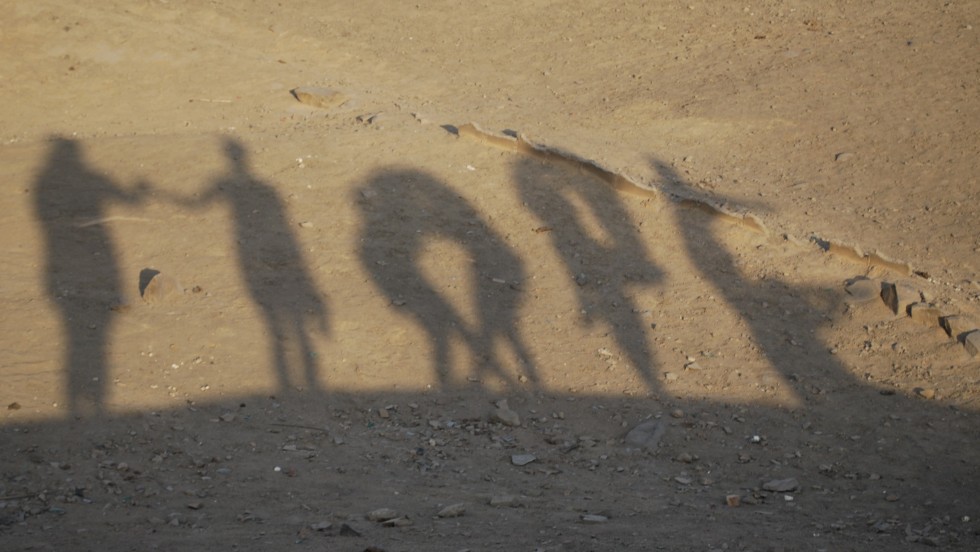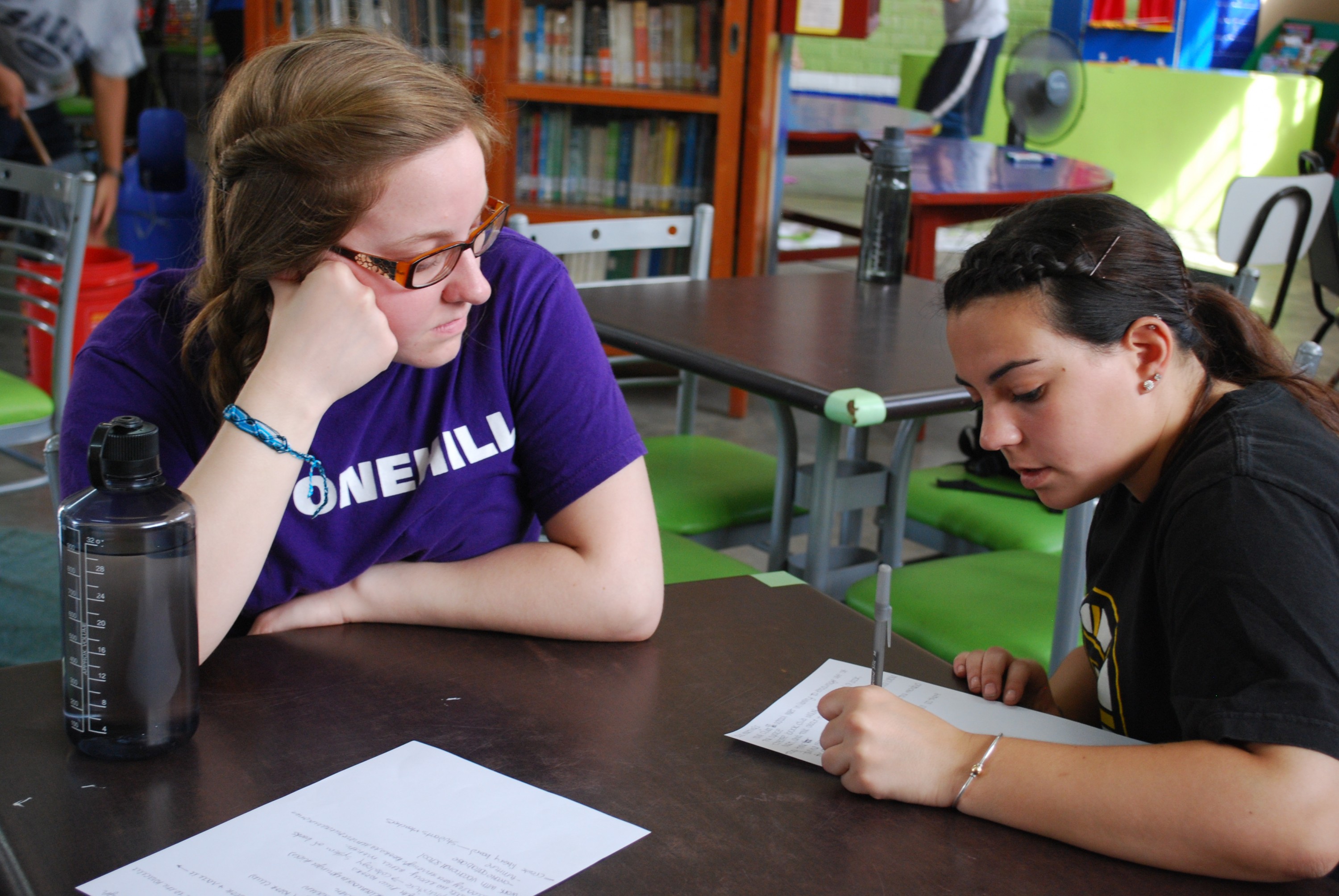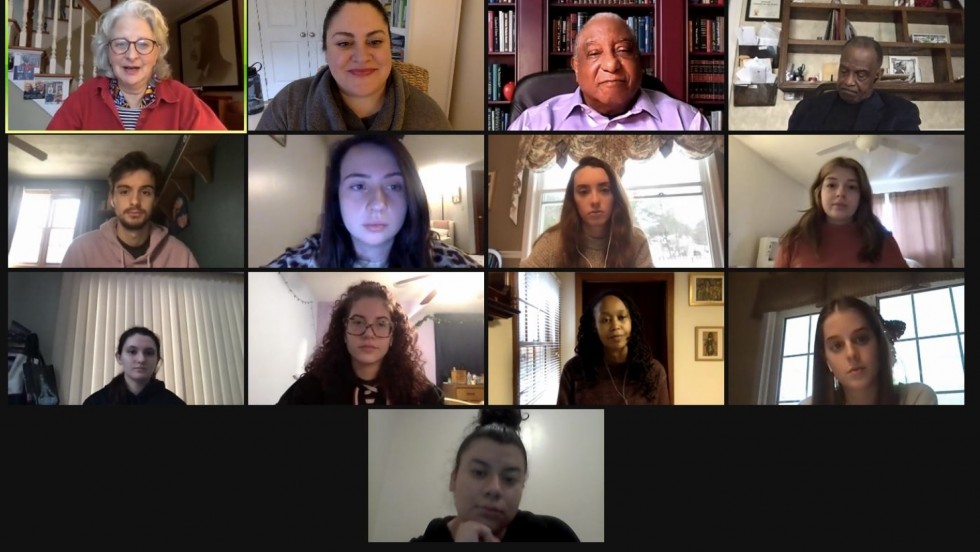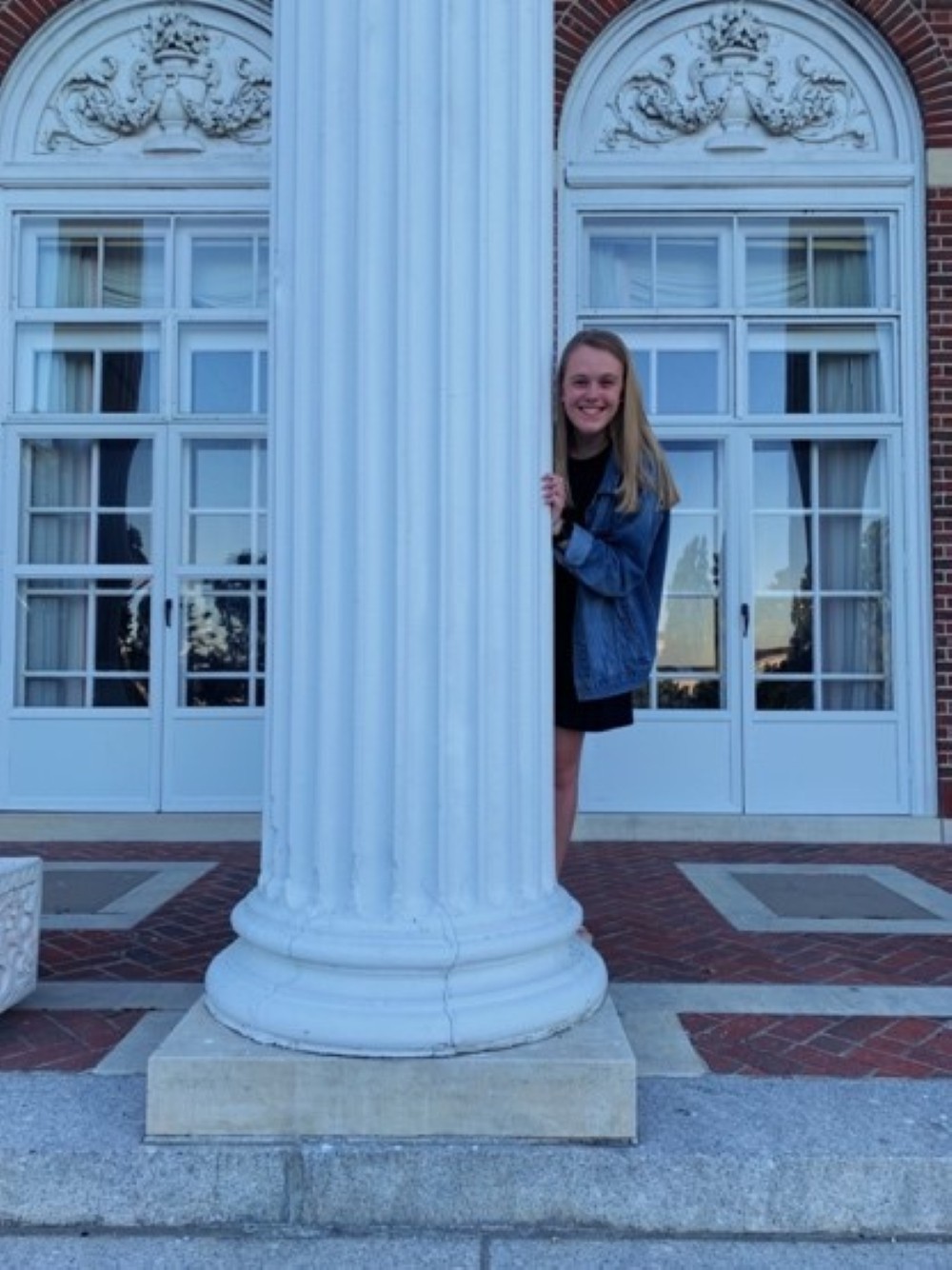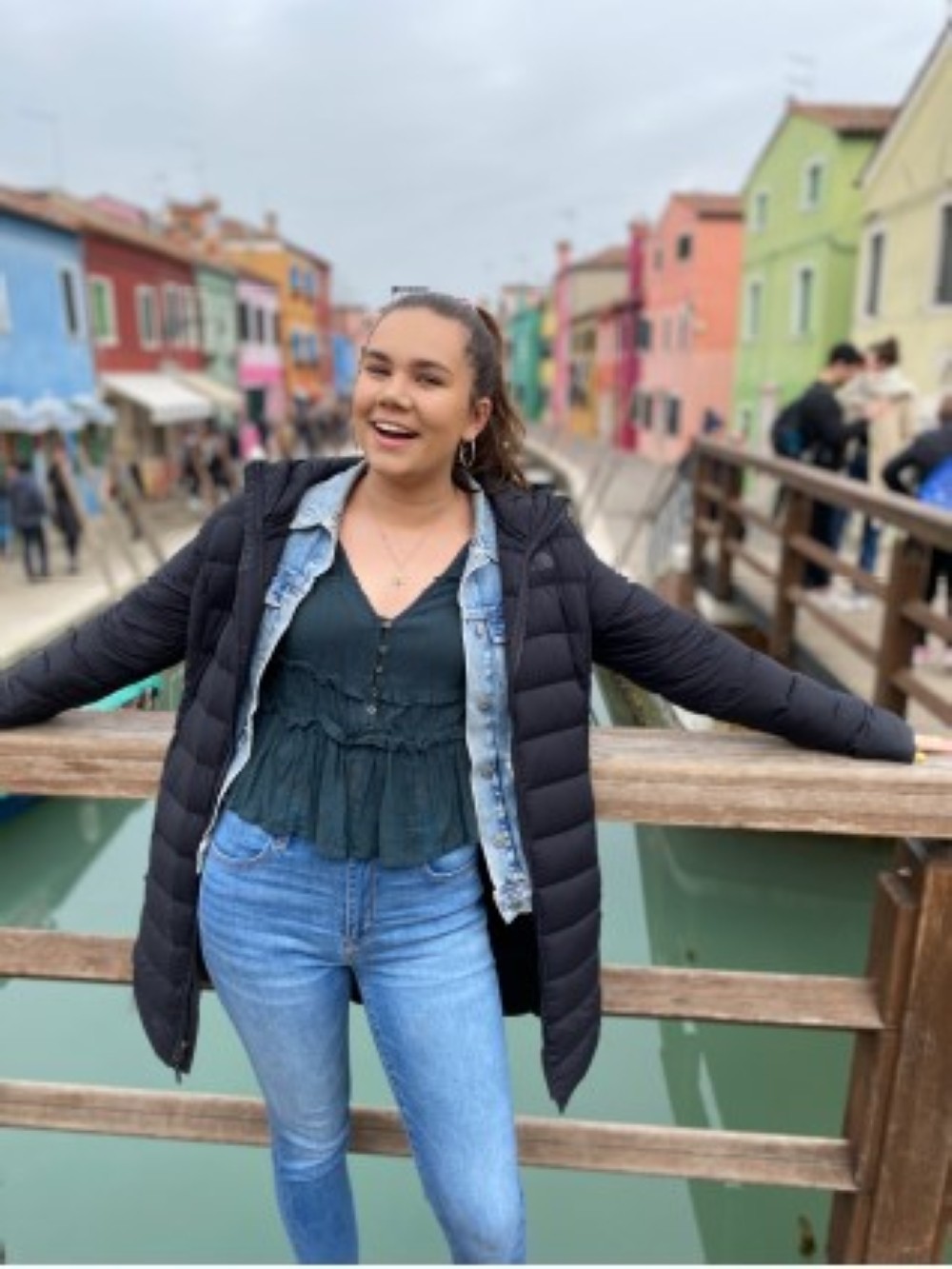The 2021 H.O.P.E. Service Immersion Program received applications throughout September and placed students on social justice-themed virtual immersions that launched in late Fall 2020. With belonging being paramount in our work, the program will run virtually during 2021 – accommodating Stonehill students who are remote learners, as well as respecting our community partners as they experience limitations in their capacities to host service groups.
Students began learning from leaders this semester about the social justice issue they will experience as part of their 2021 service placement. During the winter break, from January 4-15, delegations ran in a virtual format in concert with community partners. Some met for one full week on a daily basis and others had a few engagements each week. The spring semester meetings will take place through February 2021 and March 2021 with a focus on advocacy, activism and fundraising around the social justice issue they learned about along with a greater understanding of how philanthropy transforms community organizations.
